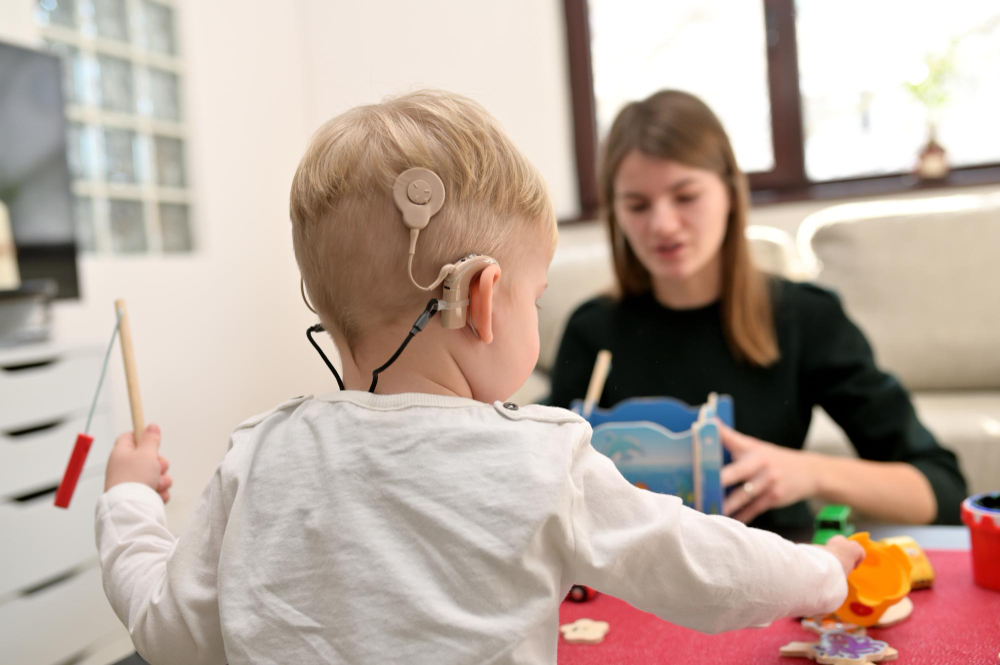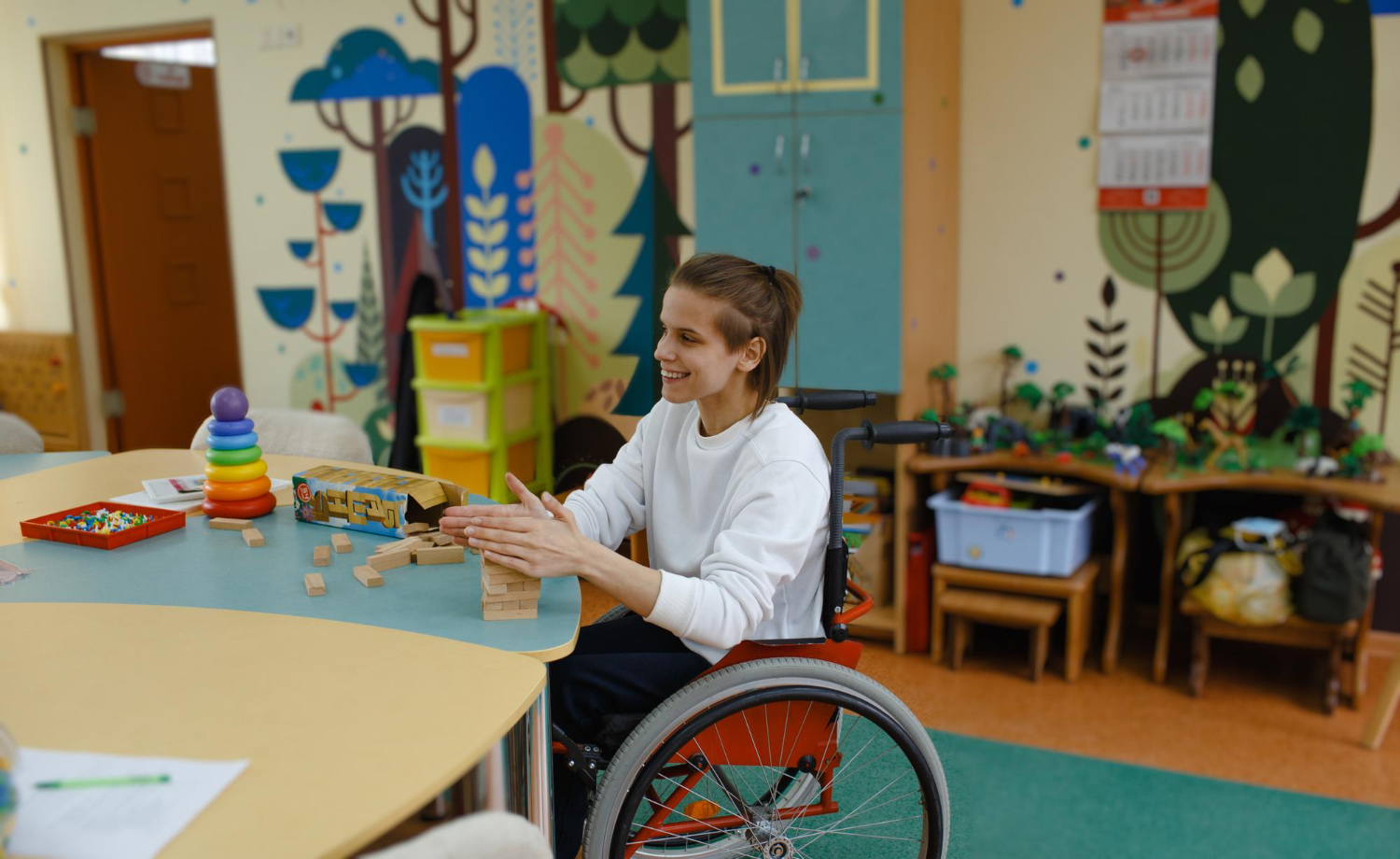Special educational needs (SEN) teaching assistants support teachers and help children with diverse learning needs. A role as an SEN teaching assistant involves working with the teacher to plan and deliver activities and supporting pupils with routines, transitions and behaviour management.
SEN teaching assistants are responsible for more than just classroom support, they are advocates, mentors and facilitators, ensuring that every student regardless of their circumstances has the opportunity to succeed.
With the right qualifications, skills and experience, SEN teaching assistants can enjoy a rewarding career with opportunities for progression and professional development.
Are you interested in becoming a teaching assistant and working with special educational needs children? Read this comprehensive guide on everything you need to know about the role.









